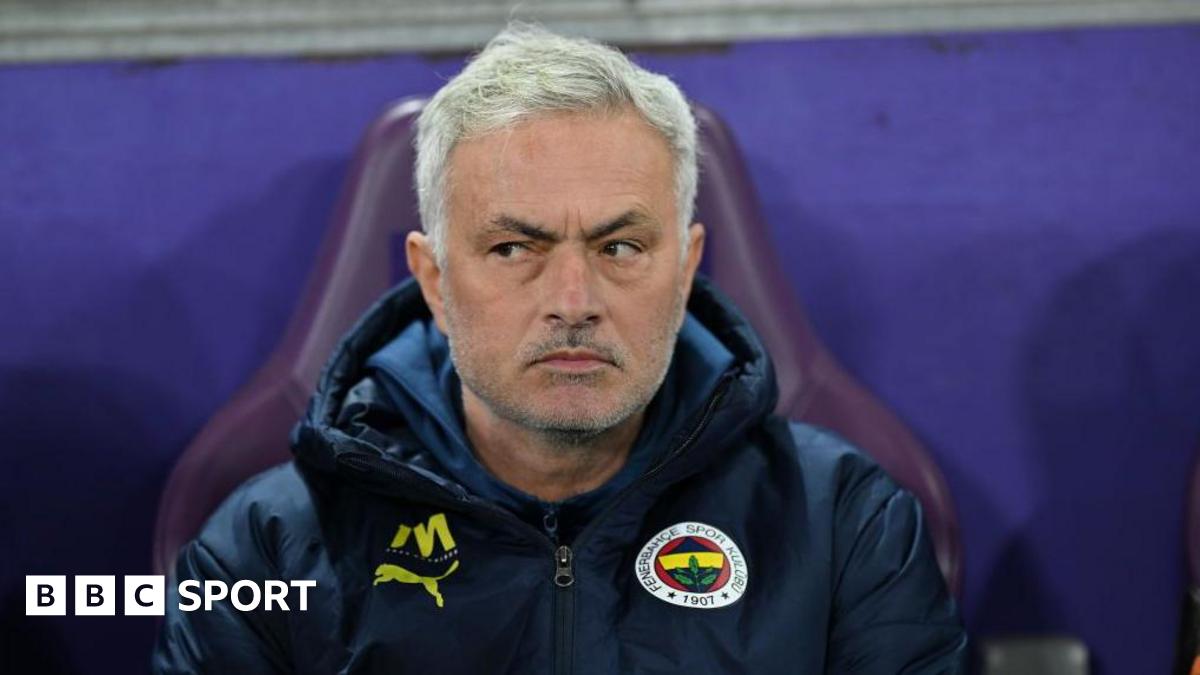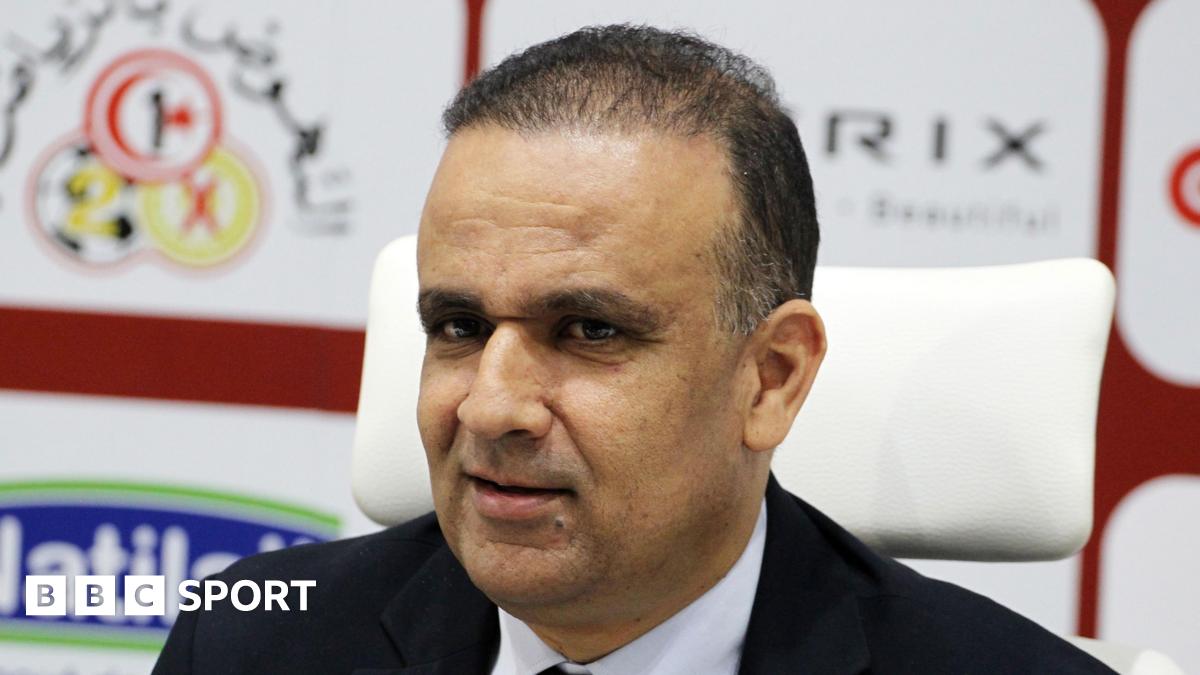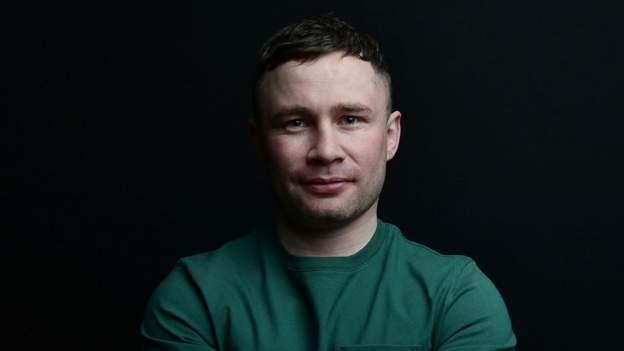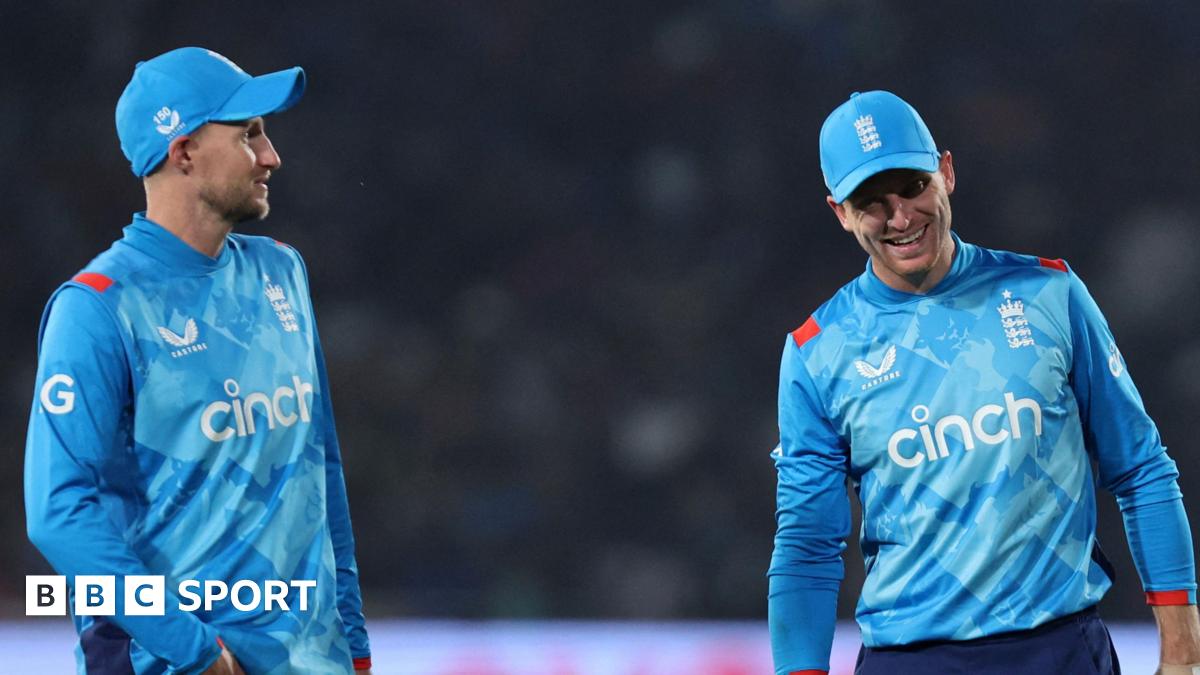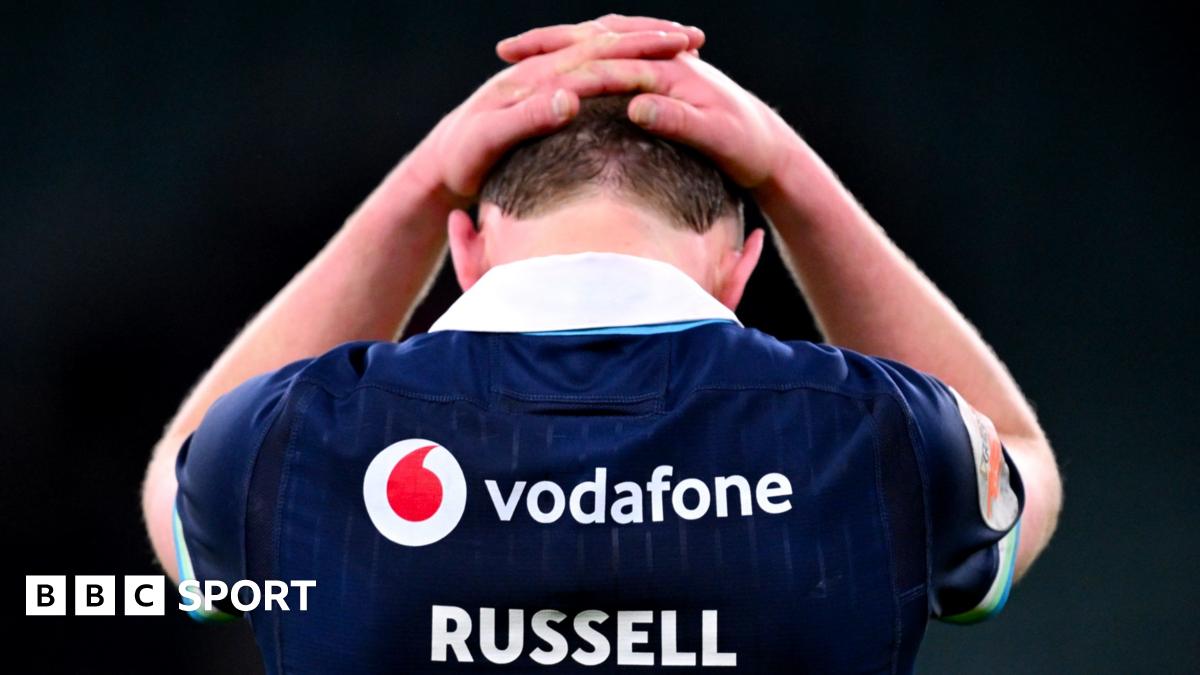As a two-time world boxing champion, Carl Frampton believed his profession made him “mentally tough”.
However, in a new BBC documentary, Carl Frampton: Men in Crisis, the Belfast boxer examines the prevalence of suicide and mental illness among young men in his native Northern Ireland and talks candidly about how he manages his own mental wellbeing.
The facts are stark.
More men die by suicide in Northern Ireland than any other part of the United Kingdom.
North Belfast, where Frampton grew up, has the highest rates of suicide of any area in Europe.
Those statistics give the programme a distinctly personal edge for the 36-year-old, who ended his career in the ring in 2021.
Frampton recounts some of his own childhood experiences in a part of Northern Ireland’s capital which was often at the forefront of the conflict known as ‘The Troubles’, and recalls some of the problems which have touched his own family.
He explains that in his youth the stereotypical male was regarded as being “macho”, amid a prevailing culture of “manning up and taking it on the chin; to be a man you need to be tough”.
The programme addresses to what extent that image has altered in recent years, asking questions like, ‘what does it mean to be a male today?’ and whether different perspectives and the removal of any social stigma has helped men be more open about sharing their mental health problems.
Frampton discovers that poor mental health can affect people from all walks of life and examines some of the reasons why increasing numbers of young men are struggling and what can be done to help.
He talks to men from across Northern Ireland who have struggled with issues such as anxiety, depression and bipolar disorder.
Frampton reveals his own experience of seeking the help of a counsellor and sports psychologist, and shares the fears he held about his future before he retired.
“I thought my profession made me mentally tough, but I don’t think I was fully prepared for what was to come,” he said.
“The men I’ve met in this film have shown me that all of us can have mental health issues and anyone, at any time, can be vulnerable to poor mental health.
“So, although we can’t control all the things that affect us, we can control the choices we make and the people we speak to. That can make all the difference.”
The film is part of a range of content across the BBC to mark Mental Health Awareness Week in May.
More information and access to some of the best mental health content from the BBC’s wide ranging collection across TV, radio and digital is available on the BBC’s dedicated online resource, BBC Headroom bbc.co.uk/headroom.

